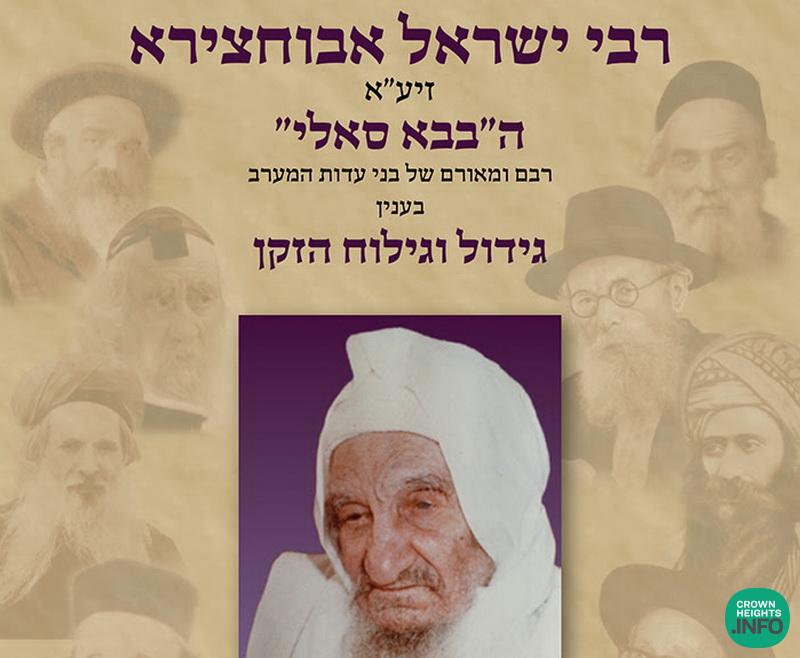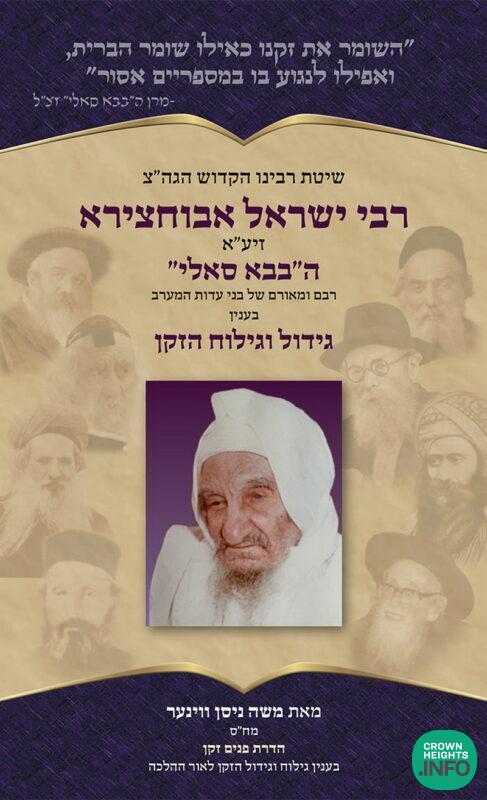
Fascinating Revelations On The Baba Sali’s Perspective on Growing the Beard Explored in New Publication
A new publication has been printed in honor of the Baba Sali’s fortieth yahrzeit, presenting a compilation of fascinating perspectives and anecdotes from the Baba Sali on growing the beard.
Rabbi Yisroel Abuchatzeira, famously known as the Baba Sali, stood out as a genuine tzaddik whose counsel and blessings were sought by Jews of all types and stripes. As documented in this publication, many of those seeking advice were told to begin growing their beards, with the Baba Sali guaranteeing that this act would bring forth the desired brachah. Notably, the Baba Sali pledged that those who committed to grow their beards would have half their sins forgiven, extending this assurance to women who supported their husbands in their decision.
Growing a beard did not come easy for the Baba Sali. He shared that at the age of forty, he had yet to be blessed with a beard due to a hereditary trait. Overwhelmed with anguish, he spent a sleepless night beseeching Hashem for the ability to fulfill this significant mitzvah. Miraculously, within a week, his beard began to grow.
The publication further recounts instances where the Baba Sali disapproved and even shunned those who cut or trimmed their beards, contrasting this with his warm affection toward those who allowed their beards to grow. Expressing disbelief, he declared, “How can someone be embarrassed to display a beard, the true beauty of a man?!”
Other quotes of the Baba Sali featured in the booklet equate preserving the beard with preserving the sanctity of the bris, and document him as saying that true greatness in Torah as well as fear of Heaven is impossible if one does not grow the beard.
This insightful Hebrew booklet was compiled by Rabbi Moshe Wiener, author of the two-volume, 1,244-page compendium Hadras Ponim Zokon. The booklet is available for no-cost download here and for purchase on Amazon at nominal cost price here.
To help sponsor the dissemination of this publication and the preparation of an English language version, please click here or contact: hadrasponimzokon@gmail.com.











